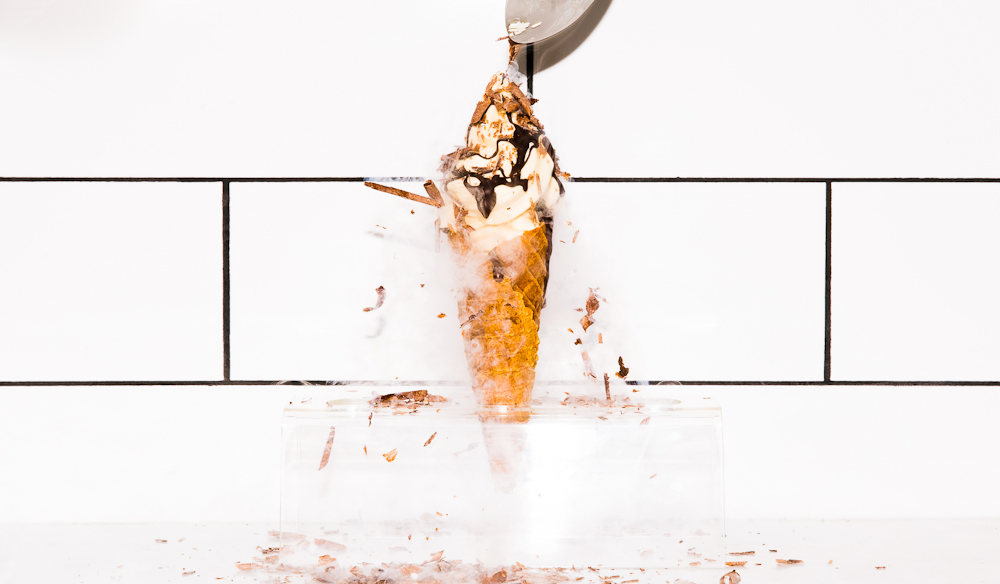29 September 2020
![]() 3 mins Read
3 mins Read

Fast food is growing up. While a late-night cheeseburger and fries still won’t tick any nutritional boxes, the ingredients have taken a turn for the much-better, thanks to some highly acclaimed chefs now flipping them.
With five hats combined from his growing group of award-winning Australian restaurants, Rockpool and Spice Temple, Neil Perry took a leap of faith from the fine-dining scene to open last year’s new venture Burger Project in World Square, Sydney.
Sticking to his ‘fast food, slow food values’ ethos, the idea was to create a burger for the people, making a version of the high-quality Rockpool wagyu burger ($24) that leaves less of a dent in your pocket (the classic Burger Project burger sells for $8.90).
“We’re delivering fast food using the best ingredients, made and served by qualified staff, in an environment that’s well-designed and inspiring,” says Perry. “We’re only as good as our suppliers and they play a very important role in our success.”
It’s this commitment to using such high-quality ingredients (Cape Grim grass-fed beef burgers, free-range chicken, locally grown vegetables and house-made ingredients) that gives Burger Project such far-reaching appeal.
“It’s a real mix, we have Rockpool Group regulars who pop into Burger Project for lunch on the run, and we also see a cross-section of corporate customers from the nearby business towers, families and the youth market. Everyone who appreciates a good burger, really,” he says.
And it’s not just burgers that fine-dining chefs are grilling, Ben Greeno, Noma alumni and former executive chef at Sydney’s Momofuku Seiōbo, has added a grab-and-go rotisserie chicken shop to his new venue, The Paddington, while Maha head chef and owner, Shane Delia, opened his Melbourne kebab shop, Biggie Smalls Kbabs, last year.
“It’s a different experience at Biggie than at Maha, but it still has to tick the same boxes that Maha does,” says Delia.
While New York chef David Chang has said there’s a growing need for all chefs to rethink ‘fast food’ to offset the inefficiency of high-end restaurants, Delia doesn’t agree.
“Money isn’t my motivator. In my opinion, when the motivation and end goal is driven purely by the bottom line, you’ve already lost,” he says.
For Delia, Biggie Smalls is a chance for him to show his personality and have a little fun.
“At Biggie I’m in a tee and flat-brim cap, and at Maha I’m in my chef whites. I’m the same person, same chef and offer the same level of service to my customers wherever I am. With Biggie I’m being a little more selfish. It’s a place I wanted to create for me.”
LEAVE YOUR COMMENT